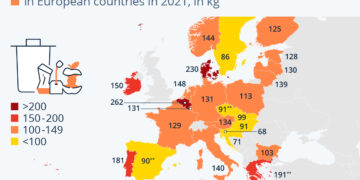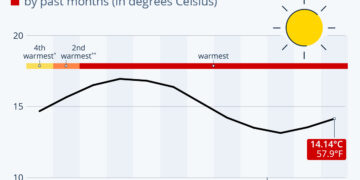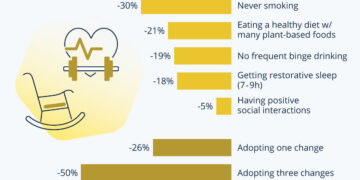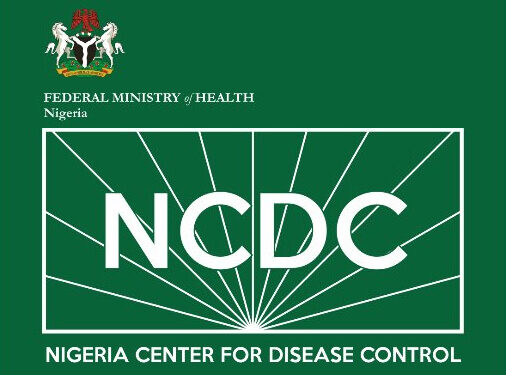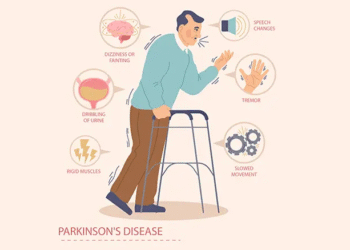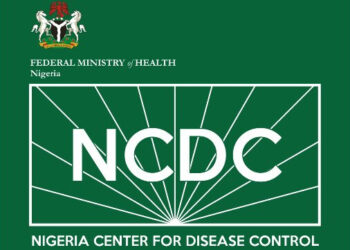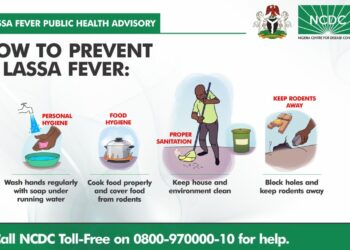Abuja- NCDC Convenes an Emergency Meeting with Sokoto and Zamfara States to Address Unknown Illness
The Director General (DG) of the Nigeria Centre for Disease Control and Prevention (NCDC), Dr Jide Idris, hosted an emergency meeting with two Honourable Commissioners for Health from Sokoto and Kaduna States on April 16, 2024 at NCDC’s Headquarters Abuja and also spoke on telephone with Zamfara’s State Commissioner for Health to unravel the cause as well as contain and mitigate the impact of the ongoing incidents of unknown origin in both Sokoto and Zamfara States. The Honourable Commissioners (Hajiya Asabe Balarabe, Dr. Aisha Anka and Hajiya Umma Ahmed) discussed the current situation, provided updates on response efforts, and agreed with the DG of NCDC on further measures to contain and mitigate the impact of the illness suspected to be heavy metal poisoning possibly linked to mining activities.
As of today, a total of 196 suspected cases of the unknown illness with seven (7) deaths have been reported across Isa, Sabon Birni, and Ilella Local Government Areas (LGAs) of Sokoto State. Results of the analyses on the various samples sent to the different sister laboratories including NIPRID, NAFDAC and NIMR are being awaited.
Following reports of similar cases in Zamfara State, another National Rapid Response Team (NRRT) will be deployed this week to assess the situation and provide support to the state.
We urge affected and nearby communities even in Kaduna State, given its proximity to Sokoto and Zamfara states, to report any symptoms including fever, abdominal swelling and pain, vomiting, and weight loss to the nearest health facility or call NCDC toll free line (6232). Healthcare workers are urged to report any suspected cases to LGA/State Disease Surveillance and Notification Officer or State Epidemiologist.
About Heavy Metals
Heavy metals including cadmium, chromium, lead, and mercury are emitted mainly into the air as a result of various industrial activities including mining especially where regulation is poor. This also contributes to the deposition and build-up in soils. Heavy metals can also contaminate water sources and get into plants if they persist in the soil.
Exposure to heavy metals either through the air (dust), soil, plants or water are associated with kidney, brain, liver, and bone damage including cancers of the body depending on the type of heavy metals. Persons most at risk or vulnerable include pregnant women (the unborn babies), infants and children, illegal / artisanal miners, industrial workers etc. Some of the effects of heavy metals are immediate while many will take a long time to manifest.
To avoid exposure to heavy metals, people who live where mining activities take place are advised to avoid mining sites while those who work in mining industry are to wear protective clothing and masks to minimise direct exposure.
As many heavy metals accumulate in dust, members of the public especially those who live in the environment where mining activities are rampant are urged to clean their shoes properly or remove them to avoid taking in dusts into their homes.
Communities should take collective actions for preventing illegal or artisanal mining activities in their environment and protect engagement of children and women of reproductive age particularly pregnant women for mining.
Industrial miners should provide protective wears, train, and enforce compliance with standards among their staff.
Policy makers should ensure mining activities in their states are regulated with standards enforced and artisanal mining are discouraged. Regulatory agency should also ensure standards and proper precautions for safe disposal of industrial wastes including heavy metals into the environment. No metal should be disseminated into the environment until its environmental fate, transport, and persistence have been thoroughly characterized and until health assessments indicate that the proposed uses of the metal are safe even for the most vulnerable members of society.
The NCDC is committed to working closely with the affected states to contain the incidents effectively and will continue to provide updates to the public as new information becomes available.
About NCDC
The Nigeria Centre for Disease Control and Prevention (NCDC) is the country’s national public health institute, with the mandate to lead the preparedness, detection, and response to public health emergencies. The Bill for an Act to establish NCDC was signed into law in November 2018 by President Muhammadu Buhari. The mission of the NCDC is to protect the health of Nigerians through evidence-based prevention, integrated disease surveillance and response, using a One Health approach, guided by research, and led by a skilled workforce.
Contact
NCDC Toll-free Number: 6232 | SMS: 08099555577 | WhatsApp: 07087110839 Twitter: @NCDCGov | Facebook: @NCDCgov | Instagram: @NCDCgov | NCDC Media Releases
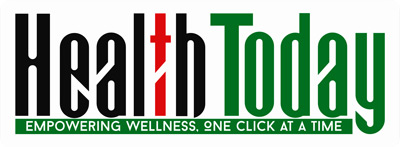
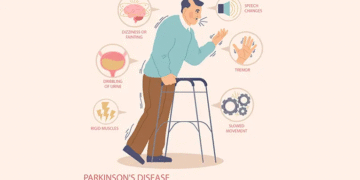

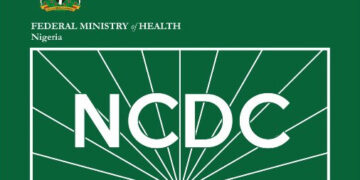
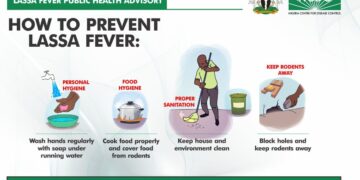

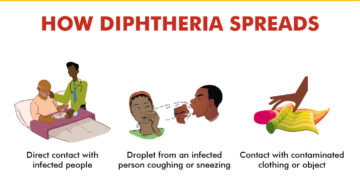


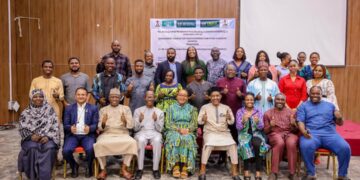


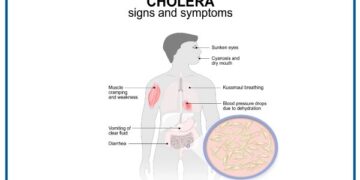
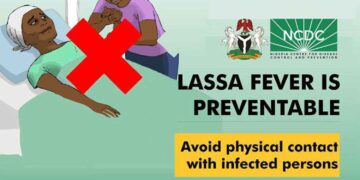
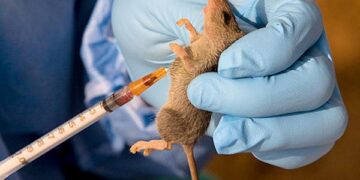
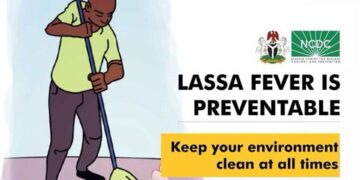
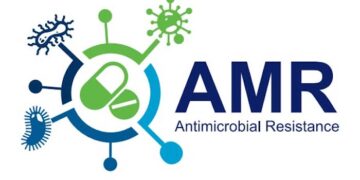

![Antimicrobial Resistance [AMR] in Hausa](https://healthtoday.com.ng/wp-content/uploads/2024/02/antimicrobial-resistance-AMR--360x180.jpeg)




